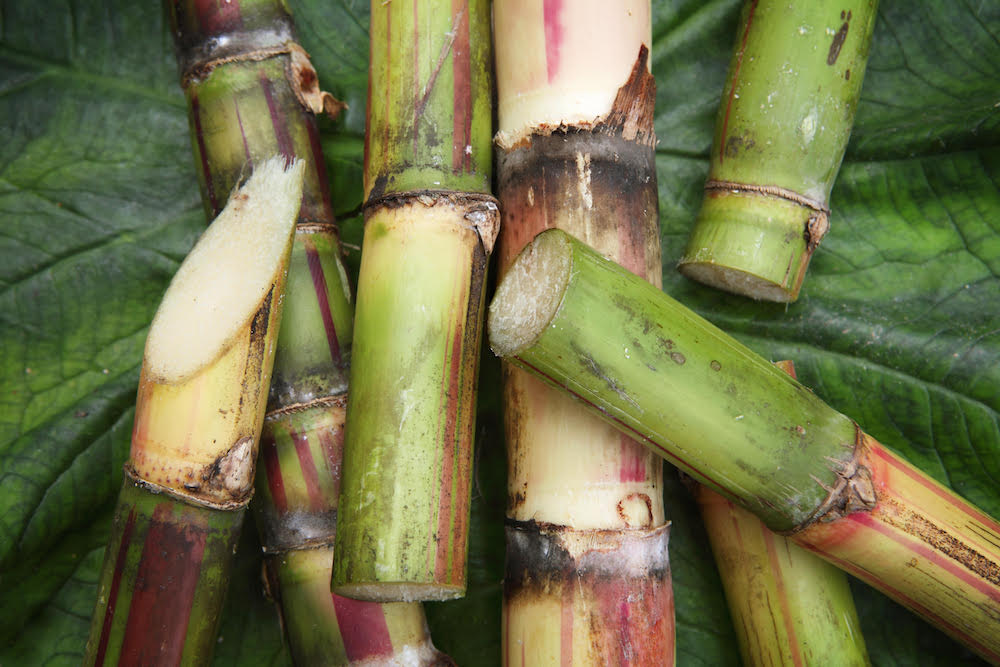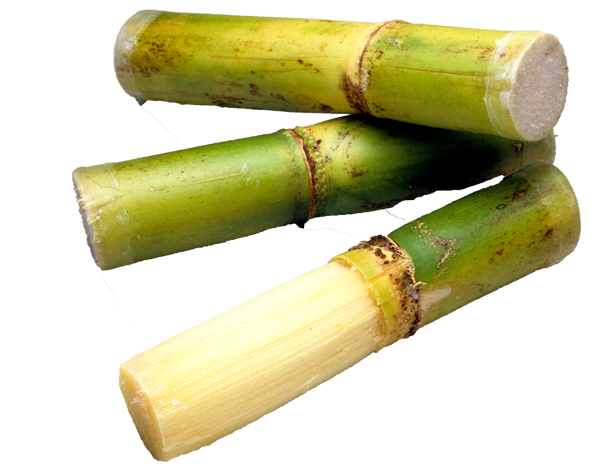Discover the Health Benefits of Sugar and Cane in Your Diet
Why Walking Cane Sugar Processing Chemicals Are Crucial for Modern Sugar Refining
The function of walking cane sugar processing chemicals in contemporary sugar refining can not be overemphasized, as they are important to boosting both the efficiency of extraction and the general high quality of the end product. Agents such as phosphoric acid and certain flocculants are utilized to eliminate impurities, leading to sugar that not just meets consumer assumptions but likewise follows sector standards. Nevertheless, the effects of these chemicals extend past top quality, discussing market characteristics and environmental considerations. This raises vital questions about the sustainability of such practices and their influence on the future of sugar production.
Role of Handling Chemicals
The efficiency of walking cane sugar processing pivots significantly on the tactical application of handling chemicals. These chemicals play a crucial duty in improving the efficiency and quality of sugar extraction and refining. From the first phases of juice extraction to the final filtration actions, handling chemicals facilitate numerous essential procedures.
In the extraction phase, chemicals such as phosphoric acid and calcium hydroxide are used to enhance the information process, aiding to get rid of pollutants and suspended solids from the walking cane juice. This not only improves the yield however also guarantees the clarity of the end product. Additionally, representatives like flocculants aid in the fast settling of impurities, therefore simplifying the general process.
As the handling developments, chemicals are utilized in decolorization and formation stages. Triggered carbon and ion exchange resins offer to eliminate shade and odor, ensuring that the polished sugar meets consumer top quality requirements. Ultimately, the role of processing chemicals expands beyond operational efficiency; they significantly affect the sensory characteristics of the last item, adding to market competitiveness. Therefore, the thorough choice and application of these chemicals are crucial for achieving ideal end results in cane sugar processing.
Secret Kinds Of Chemicals
Cane sugar processing depends on a range of crucial chemicals that facilitate each phase of production. These chemicals play vital duties in clearing up, whitening, and cleansing the sugar removed from walking stick.
One primary group of chemicals includes flocculants, such as polyacrylamide, which help in the information process by promoting the aggregation and settling of impurities. Furthermore, calcium hydroxide is frequently employed to counteract level of acidity and help in the elimination of non-sugar elements.
Whitening agents, such as triggered carbon and sulfur dioxide, are utilized to decolorize the syrup, causing a clearer last item. These chemicals assist get rid of shade substances that might impact the sugar's look and marketability.
Moreover, phosphoric acid functions as a pH regulator during the processing stages, ensuring optimal conditions for the enzymatic activities involved in sugar extraction and purification.
Other essential representatives include edta (ethylenediaminetetraacetic acid), which chelates metal ions that might militarize unwanted responses, and sodium hydroxide, which assists in pH control throughout the refining procedure. Jointly, these chemicals enhance performance and ensure a high-quality walking cane sugar item.
Benefits for Sugar Quality
Commonly neglected, making use of specific handling chemicals substantially improves the general quality of walking cane sugar. These chemicals play an essential function in refining processes, making sure that the final item meets rigorous market requirements for purity and preference.

In addition, refining chemicals help in attaining a regular granulation and structure, which are vital for customer acceptance. By managing the crystallization procedure, these chemicals make certain that the sugar crystals form uniformly, leading to a more attractive product that dissolves well in different applications.
Moreover, the usage of these chemicals can boost the shelf life of cane sugar by reducing wetness absorption and microbial growth. In general, the tactical application of handling chemicals is vital for providing top quality walking stick sugar that satisfies consumer expectations and sector needs.
Ecological Effect Considerations

Moreover, the energy-intensive nature of sugar refining, intensified by chemical use, frequently causes boosted carbon exhausts. This contributes to environment adjustment and increases worries pertaining to the sustainability of present refining methods. Additionally, the sourcing of these chemicals might include practices that threaten biodiversity, such as monoculture farming, which reduces the strength of agricultural communities.

To alleviate these impacts, sugar refiners are significantly exploring lasting alternatives and adopting finest methods that reduce chemical usage. Executing extensive ecological administration systems can aid guarantee that the refining procedure lines up with environmental requirements and promotes biodiversity. Ultimately, a well balanced strategy that focuses on both visit our website sugar top quality and environmental stewardship is necessary for the lasting feasibility of the sugar market.
Future Fads in Refining
As the sugar industry comes to grips with the environmental difficulties connected with standard refining techniques, cutting-edge approaches are emerging to boost both effectiveness and sustainability. One substantial trend is the adoption of eco-friendly chemistry concepts, which prioritize using safe, naturally degradable handling chemicals. This shift not just decreases ecological influence but additionally addresses consumer demand for go cleaner production approaches.
One more encouraging advancement is the execution of innovative filtration technologies, such as membrane layer separation and adsorption procedures. These methods enhance the quality and quality of the sugar while reducing the volume of wastewater generated throughout refining. Additionally, the integration of electronic innovations, including IoT and AI, is transforming operational performance by making it possible for real-time surveillance and anticipating maintenance, thus reducing resource waste.
Additionally, using byproducts from sugar refining, such as bagasse and molasses, is acquiring grip. These products can be transformed right into biofuels or value-added products, adding to a circular economic situation within the industry. Jointly, these fads signal a change in the direction of even more sustainable practices that not only improve functional efficiency but also align with worldwide sustainability goals, making certain the future practicality of sugar refining.
Conclusion
Cane sugar processing chemicals are vital in contemporary sugar refining, significantly boosting the effectiveness and quality of sugar extraction. The calculated use these chemicals not only improves the purity and flavor of the last item yet additionally ensures consistent crystallization and texture. As the industry progressively prioritizes sustainability, the fostering of environmentally-friendly handling representatives is most likely to form future patterns in refining, inevitably causing better products and extended service life click over here now for customers.

Eventually, a well balanced strategy that prioritizes both sugar quality and environmental stewardship is vital for the lasting viability of the sugar industry.
Walking stick sugar handling chemicals are crucial in modern sugar refining, substantially boosting the performance and quality of sugar extraction.